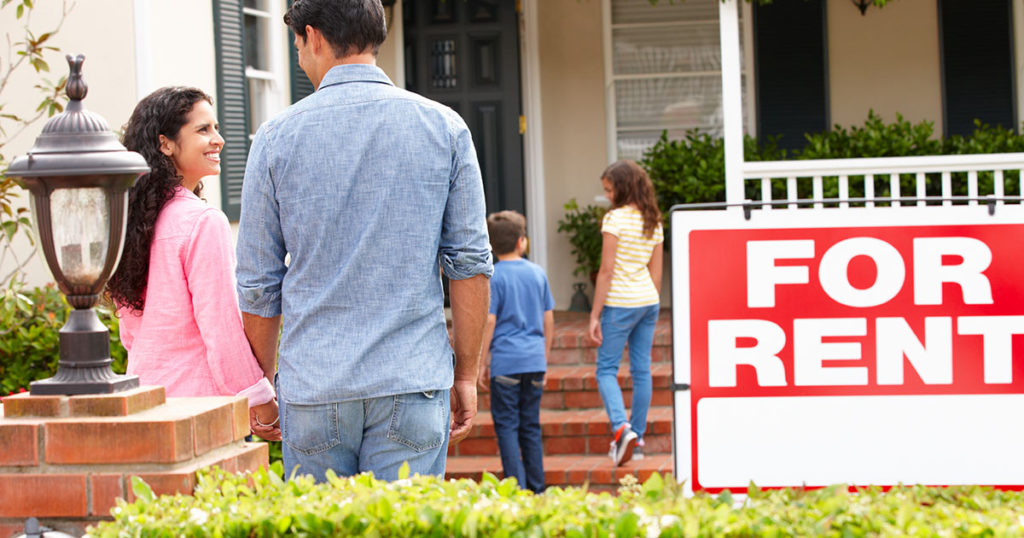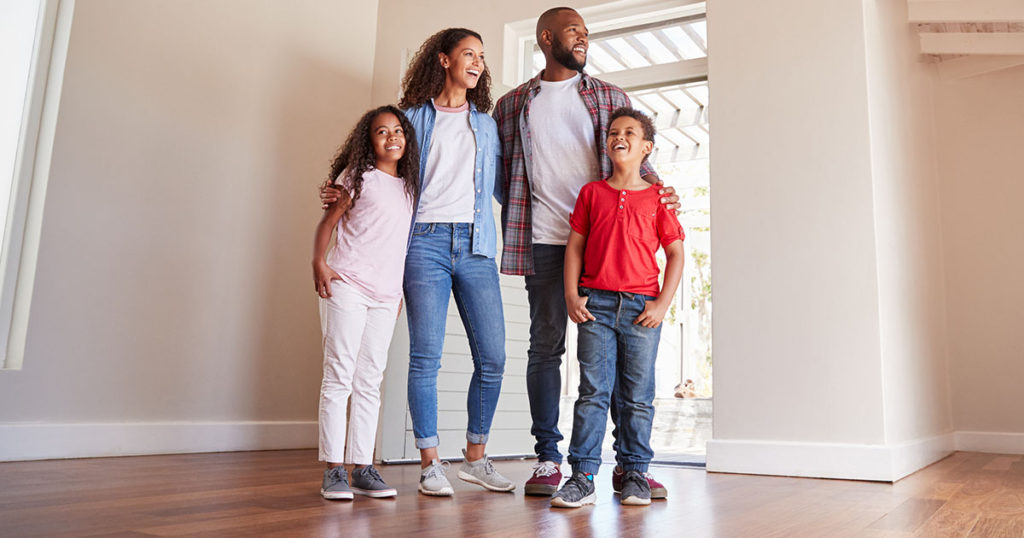Renting vs Buying a Home: The Pros & Cons Explained
There are many factors to consider when renting vs. buying a home, and both have their own set of pros and cons that you need to consider before deciding. For example, renting is great for people who are unsure about their job security or often like to move around. On the other hand, buying a home can be a great investment if you plan on living in the same place for several years.
While there is no one answer on whether you should buy or rent, there are set factors you should consider before making that decision. This article analyzes the pros and cons of buying or renting a home and how other factors might impact your choice.

Factors to Consider for Renting vs. Buying a Home
Choosing to rent or buy is a big financial decision that shouldn’t be taken lightly. Both have their own set of pros and cons that you need to consider before moving forward. However, there are some pretty good indicators of what your choice should be when you take into account some of the many factors that go into this decision.
Things to consider for renting versus buying a home include:
- Your current financial situation: Before drawing out the decision or doing a bunch of research, you should make sure you are in a stable financial place to buy a home. When reviewing your finances, you will want to ensure you have enough reserves to fund the down payment along with closing cost.
- Current job security: Having a stable job isn’t just essential to get approved for a loan or be approved as a renter; it’s also how you’re going to pay for your home each month. The lender will review your last two years of employment and determine the probability of the income continuing. If you are a recent graduate the lender will most likely request transcripts to show you are new to the workforce.
- How long you plan on staying in one place: Those who like to move around or travel a lot might find renting a better option, while those wanting to create roots in a single location will find buying a better choice.
- Whether you want to invest in a property: When you buy a home, you can build equity and create more value than you end up paying by upgrading it. Those keeping their homes for many years will typically profit from the sale of the property down the line if the market continues to grow. It’s one of the most popular ways to grow a little bit of wealth.
- Whether you can afford the time or money to upkeep a home: If you’re renting and something breaks, you can call your landlord, who will fix it. But when you buy a home, you have to keep up with the maintenance of the entire property. If something breaks, you’ll have to fork over the money to get it fixed and possibly the time to fix it, so having enough extra income to account for potential repairs is necessary if you’re going to buy.
- How much flexibility you need: When you own a home, you can do whatever you want. Need to add a room or change the paint color? No approval is necessary; just do it. However, you have very little freedom or flexibility to change anything in the home when you rent. On the flip side, renting allows you the flexibility of not being tied down to a single location even within the city or town you live in.
Make sure you’ve carefully weighed all the external factors of renting vs. buying a home before deciding. It’s a significant investment, so you want to ensure that it’s the right choice for your individual needs.

When to Buy a Home
Buying a home can be a big commitment, but it can be rewarding. Pride is felt when you own your own home, plus you can profit financially from growing a real estate asset. Let’s look at the other pros and cons of buying a home.
Pros & Cons of Buying a Home
The pros of buying a home include:
- Build Equity: Owning can build equity over time and help grow your overall wealth. Many consider it a wise financial decision.
- Control: You’ll gain more control over your living situation, from not having to move frequently to changing paint colors or even having pets.
- Consistent Payments: Buying brings regular monthly payments that won’t suddenly increase as the market grows. You can budget precisely what you’ll pay a year from now without worrying about how the market might change before your next lease.
- Tax Benefits: You might receive tax benefits from buying or selling a home, depending on your personal financial situation.
- Stability: Your family can create more stability in the community you live in when you buy because you know that you can continue living there as long as you can make your mortgage payments.
The cons of buying a home include:
- Responsibility: Buying means you have to pay for all maintenance yourself and find a way to get it done as well.
- Large Financial Investment: Typically, you’ll have to provide a large down payment upfront. This money could be spent on other investments that have the potential to out-earn what your home investment might one day provide.
- No Flexibility: It becomes more challenging to move across town or to a new geographic location.
- Property Taxes: You’ll have to pay property taxes on your home every year.
Buying a home is typically best if you have stable employment and plan on remaining in the same home for several years.

When to Rent a Home
Renting a home gives you a lot more flexibility, but it can also carry additional rent costs as the housing market grows because many leases are short-term (12 months or less). Now let’s take a look at the other pros and cons of renting a home.
Pros & Cons of Renting a Home
The pros of renting a home include:
- Short-term Savings: In the short term, renting is less expensive than buying because you don’t have to come up with a large down payment or lump sum to purchase.
- Moving Flexibility: You have much more flexibility with changing the home and moving around. This is great for individuals not set on living in the same place for years to come.
- Builds Credit: Renting can build your credit if it isn’t yet strong enough to buy, or at least provide credit references if you’re a good renter.
- Less Responsibility: When you rent, you aren’t responsible for maintenance. Instead, you can call your landlord and have them fix any issues that pop up.
- No Property Taxes: You won’t have to pay property taxes if you’re renting.
The cons of renting a home include:
- Inconsistent Costs: Your monthly housing costs aren’t stable from year to year. As your lease expires, your landlord might raise the rent, or you could find it difficult to keep costs down in a competitive market if you move.
- No Equity: You don’t get to build equity. Instead, your landlord gets all of the equity out of the home no matter how well you take care of it.
- Competition: It can be difficult to find the right place to live in competitive markets, especially if you’re moving and trying to keep your kids in the same schools.
- Uncertainty: There’s a chance you might have to relocate quickly if the property is sold or your lease isn’t renewed unexpectedly.
- No Control: You’ll often have to go through an arduous process to change anything in the home and aren’t guaranteed to get approval.
Renting a home is typically best if you need flexibility and don’t anticipate being tied down to one location for too long.
Costs of Buying vs. Renting a Home
When you total the costs up throughout a 30-year mortgage, buying a home is always the more affordable option, but that scenario doesn’t fit everyone. There are too many factors to consider that vary by market to conclude on a straight answer of which option is more affordable for you.
Check out our rent or buy calculator to see what option will best fit your financial situation and see what it might cost.

Bottom Line: Should You Rent or Buy Your Next Home?
So, which is better for you? It depends on your circumstances. If you have a stable job and income and don’t mind staying in one place for several years, buying a home could be the right choice. On the other hand, if you’re not ready to settle down or want the flexibility to move at a moment’s notice, renting might be the better option.So, should you rent or buy? That depends on various factors like your age, current financial situation, job security, how long you plan to stay in the same area, and more. It’s a personal choice that you should definitely review with a mortgage specialist to help answer your questions and help guide your decision.



